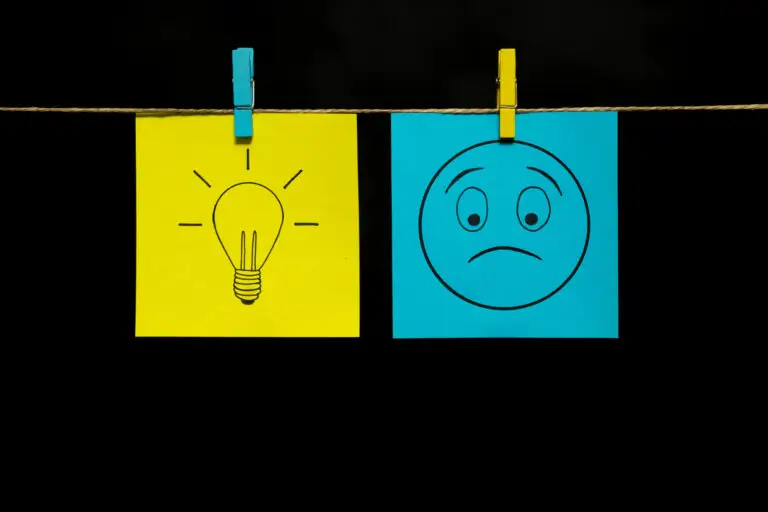
Reimagining police comes in many forms, but there’s one that reappears with regularity.
~ Barry M. Baker Tweet

Detective Lieutenant Barry M. Baker (ret.) is a 32 year veteran of the Baltimore Police Department.
Reimagining police is a perpetual exercise that ebbs and flows among academics, political activists, politicians and police administrators. It would be hard to identify ideas that are actually new, because nearly all are old ideas presented as new.
Two Groups – Reimagining Police
Academics and political activists have a luxury not afforded the politicians and police administrators. They have no direct responsibility for the effects of their imaginative ideas that may be implemented within a police department. The politicians and police administrators do have responsibility for effect, and they must weigh the benefit or consequence of implementation.
An Old Idea
Reimagining police comes in many forms, but there’s one that reappears with regularity. Many academics and activists sincerely believe that police should be excluded from domestic and mental health complaints. They believe that social workers and mental health professionals should be the first responders to these incidents.
Police officers would gladly be relieved of these difficult and frequently dangerous encounters, but it will never happen. Only the naïve social worker or mental health professional would subscribe to this idea, and there aren’t enough of them. There are people who spend a lot of time coming up with ideas to exclude police from traditional police duties. Fortunately, they realize little success.
9-1-1 Emergency Call System
Police administrators do their share of reimagining police, and the 9-1-1 call system is a good example. The first 9-1-1 system was created in 1968, and by the end of the 20th Century, 96% of the U.S. population was covered by 9-1-1. Police are always trying to create the perfect procedure to prioritize 9-1-1 calls, and failures range from minor to spectacular.
You’ll learn quickly that information you receive via 9-1-1 can be wildly inaccurate. You must respond to every 9-1-1 call prepared to react to life threatening circumstances. I responded to a 9-1-1 call for a report of a robbery, and the dispatcher verified it was for a report only. The location was a private club on the second floor of a building accessed by a steep narrow stairway.
I was just about to open the door to the stairway when a man rushed up to me and shouted, “Don’t go in there!” The man turned out to be the 9-1-1 caller, and he quickly filled me in on the details. The robbery was in progress, because some time is needed for three armed suspects to rob nearly fifty club patrons.
Another officer from my squad heard me get the initial call, and he responded just to check on me. That’s what cops do. They look out for one another, and he arrived just as I was sounding the alarm on my radio. Seconds later, the door to the club opened, and the three gunmen got a surprise. Instead of me being trapped in that narrow stairway, it was they who were trapped.
Failure of Reimagining Police
That man who warned me was nearly hit by traffic as he ran toward me, but his extra effort probably saved my life. It was too bad the 9-1-1 system failed so badly. It only took him a few seconds to explain to me what was happening, and I was certain he explained just as well to the 9-1-1 operator.
From what I was able to learn at the time, I could only speculate on what had happened. Either the 9-1-1 operator or dispatcher, or both, made an assumption. By the time the call was dispatched to me, it was assumed that the robbery was long over. It wouldn’t have been an unreasonable assumption, because armed robberies tend to be concluded quickly.
This failure of reimagining police call prioritization shows that any attempt to pre-conceive anything is doomed to failure. It also demonstrates the complete madness of sending social workers or mental health professionals into potentially life threatening situations.
The reimagining police professionals ignore statistics of police officers killed or seriously injured handling domestic and mental health calls. Those same reformers would assure their social workers and mental health responders that their safety is paramount. Their response would be well vetted through the 9-1-1 emergency call system before their response. Good luck with that.
Protect and Serve – More than a Slogan
Protect and Serve is a slogan frequently associated with police, but it is more than a slogan. It is a succinct description from which all things policing should evolve. Most of the reimagining police schemes are born from an adversarial position to the Protect and Serve paradigm.
The first and foremost purpose of any police department is to protect life and property. It’s not a hard concept to grasp, but many academics and political activists denigrate the “protect” aspect. The politicians pander, and the police administrators are left to negotiate the social minefield.
The “serve” part of the slogan gets a lot of input from everybody. The police administrators want to streamline police response through 9-1-1 prioritization, and police officers are in agreement. The administrators are reimagining police from an efficiency perspective, and police officers perceive a lighter workload.
Basic Principles and Reimagining Police
When any police reform goes off the rails, it’s usually a result of people losing sight of two basic principles. What is the staffing level of a department’s patrol force, and what is the response time to calls for service? Both principles are easily calculated from the number of 9-1-1 calls for service, but they’re ignored when reimagining police.
Related Content for Reimagining Police
Advertisements


